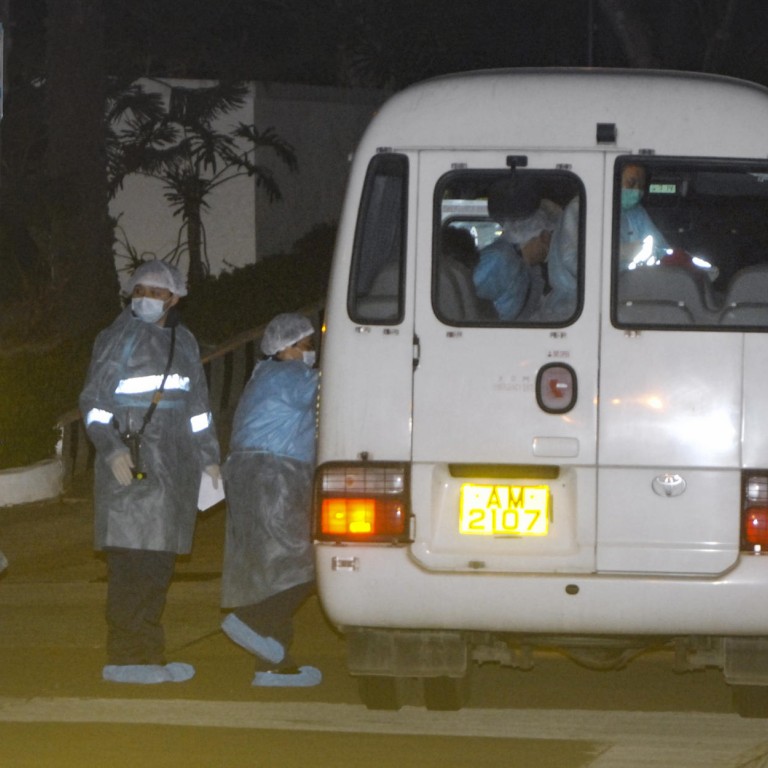
New | Travellers to Hong Kong tested for bird flu but it's business as usual in Shenzhen
Health Department sends 40 staff to borders as temperature checks beefed up in wake of H7N9 infection, but Shenzhen wet markets still open
Hong Kong has stepped up border checks on travellers as part of a contingency plan after an Indonesian domestic helper who slaughtered and cooked a chicken on a trip to Shenzhen was confirmed as the first local case of the fatal H7N9 strain of bird flu.
The large-scale preventive actions contrast sharply with the muted response of authorities in Shenzhen, where all wet markets, including those selling live poultry, remain open.
All 17 people who had been isolated at Princess Margaret Hospital in Kwai Chung after they were identified to be most at risk of contracting H7N9 from Tri Mawarti tested negative, the Centre for Health Protection said. The tests were believed to be fairly accurate diagnostic tools for the virus, after medical experts warned Tri's infection was detected only after a third test.
"The risk of a community outbreak in Hong Kong remains low as there is so far no evidence of the virus spreading among humans," Secretary for Food and Health Dr Ko Wing-man said.
Tri, 36, remained in critical condition at Queen Mary Hospital in Pok Fu Lam yesterday.
Five of the 17 had developed mild flu-like symptoms. Four of the five were members of the family of 10 Tri lived with in Tuen Mun, while the fifth was a hospital patient, the centre's controller Dr Leung Ting-hung said.
Another three, who had no symptoms, were transferred to the Lady MacLehose Holiday Village in Sai Kung last night.
The centre had traced about 20 more people to join the more than 200 now under precautionary observation, Leung said.
Despite the low risk of infection, the government announced a series of heightened controls, including at the airport.
About 40 staff members would be added to border checkpoints to run temperature tests on travellers, Leung said.
Public hospitals were urged to perform more thorough tests on suspected H7N9 cases, since Tri was diagnosed only upon more comprehensive testing, the Hospital Authority's chief infection control officer Dr Dominic Tsang Ngai-chong said.
Across the border, attitudes towards the virus were more relaxed in the government and media. Sterilisation measures were little used at Shenzhen's markets.
Local media said officials on both sides could not confirm if the woman was infected in Shenzhen and stressed that no H7N9 cases had been found there. One resident said he was on the alert. "If it is true she was infected by that chicken in Shenzhen, the infected market is still open," teacher Xu Qiao said. "How can the government do nothing and simply say it is not confirmed?"
But a chicken vendor in Baoan said: "No officials have guided us on what to do. I think it means it is safe in Shenzhen."


